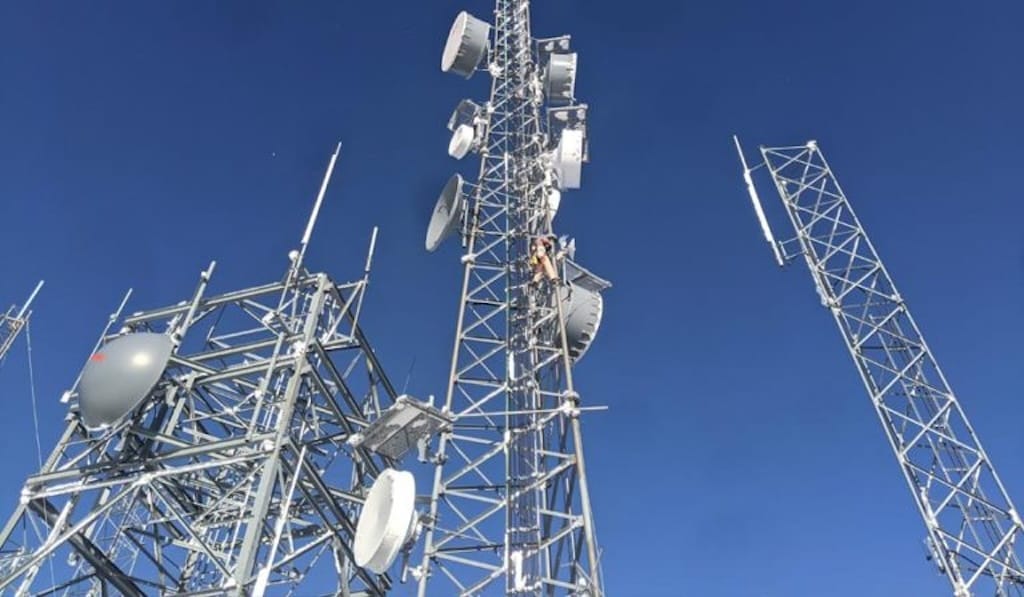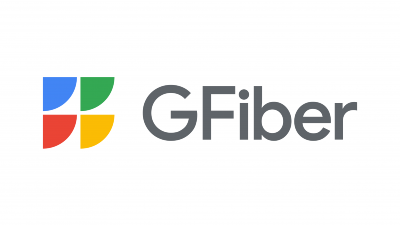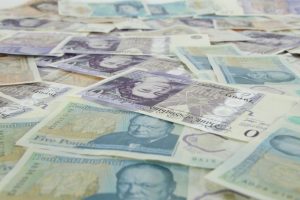
WASHINGTON, April 9, 2024 – A wireless carrier serving Tribal areas in the southwest is seeking a boost in federal funding to assist thousands of households close to losing their $75 monthly benefit under the Affordable Connectivity Program.
“The loss of Tribal ACP will have devastating impacts as many residents will find high-quality broadband connections to be priced out of their reach, with few or no options to connect,” said Smith Bagley, Inc. in a filing with the Federal Communications Commission last Friday.

SBi provides ACP-discounted service to about 40,000 Tribal households under the Cellular One of North East Arizona brand. The network’s 240 cell sites are spread over a coverage area in the Four Corners region that is more than 25,000 square miles, about the size of West Virginia. Service areas include the Navajo Nation, the White Mountain Apache Tribe, the Hopi Tribe, and the Pueblo of Zuni.
Because of the vast territory involved makes wireline service prohibitively expensive, SBi said many Tribal area households are exclusively dependent on mobile wireless broadband service to reach the Internet.
Ahead of the likely end of the ACP this month, SBi is asking the FCC to provide more money to the Tribal Lifeline benefit. Currently, the Tribal Lifeline benefit is $9.25 plus an extra $25.00 per month. SBi wants the FCC to add $40.75, bringing the total benefit to $75 per month, matching the ACP’s monthly Tribal benefit.
Today, a Tribal household in both Lifeline and ACP receives $109.25 per month – $25 and $9.25 in combined lifeline benefits plus $75 from the ACP. ACP-only Tribal households receive $75 a month.
SBI is not asking the FCC to boost the Tribal Lifeline benefit to $109.25 if ACP is not extended by Congress. It just wants the extra $40.25 so that Tribal Lifeline households have a $75 monthly benefit.
“If the [FCC] grants this temporary waiver to provide a total of $75.00 per month of Tribal Lifeline support, SBi commits that as long as the waiver is in effect, it will continue to provide each eligible household with an extra 100 gigabytes of data each month, to enable continued access to high-quality broadband services,” SBi said.
But the company said that without the ACP or a boost in the Tribal Lifeline benefit, it will be forced “to calibrate changes to its rate plans to accommodate the significant loss of funds needed to subsidize service charges, as well as network improvements.”
SBi provided the FCC with cost estimates for its plan, which would cover all 221,036 Tribal Lifeline households that are also enrolled in the ACP.
The company said the impact on the FCC’s $8.1 billion Universal Service Fund (USF) – as measured by the increase in the contribution factor, or generally the tax on end-user phone telephone bills – would be small.

“If every one of the 221,036 Tribal Lifeline households were to be increased by $40.75, the total universal service outlay for the [FCC] would be $9,007,217 per month, or $108,086,604 per year. If implemented today, this nominal impact would represent an upward adjustment of less than 0.5% on the FCC’s universal service contribution factor,” SBi said. The current contribution factor is 32.8%.
SBi said its request isn’t unprecedented. The company said the agency released $950 million in high-cost fund support in response to the devastation in the Caribbean as a result of Hurricanes Irma and Maria in 2017. The funds went to help finance the deployment of advanced, hardened fixed and mobile voice and broadband networks.
And in 2005, in response to Hurricane Katrina, the FCC permitted affected individuals to receive federal Lifeline support up to $130 per household for a free wireless handset and a specified amount of usage.
“SBi submits that maintaining connectivity for a quarter million Tribal households, many or most of which are in extraordinarily difficult financial circumstances, measures up well against these and many other very worthy universal service priorities,” the company said.


